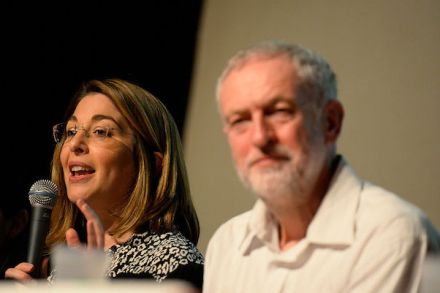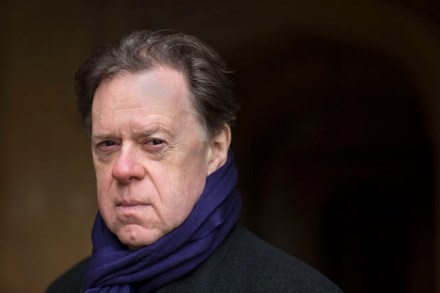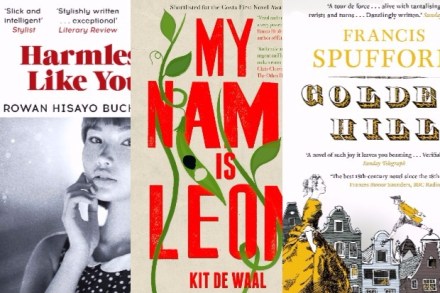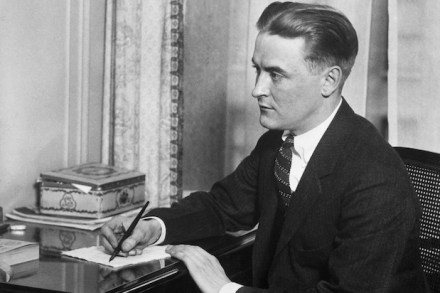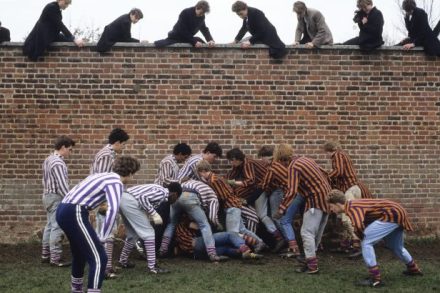Books Podcast: Harry Potter’s 20th anniversary
This summer saw 20 years since the publication of the first Harry Potter novel. Love them or hate them, the adventures of JK Rowling’s boy wizard are now a huge part of the literary landscape. In the wake of a Harry Potter conference organised by the Spectator’s own Nick Hilton, I’m joined for this week’s





